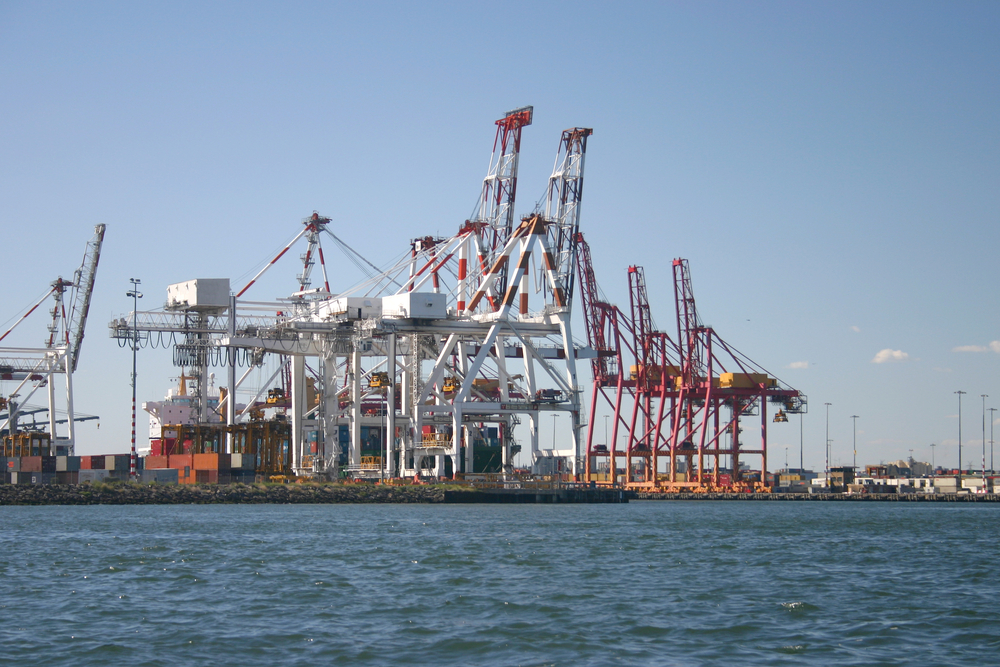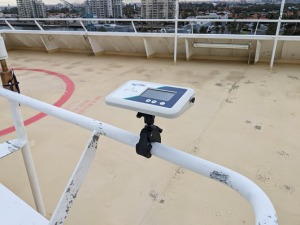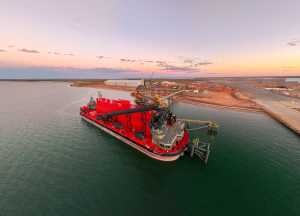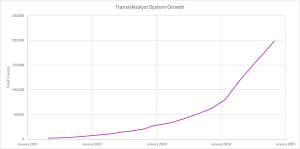The implementation and commissioning of DUKC® in-transit at the Port of Melbourne
Dynamic Under Keel Clearance (DUKC®) is a proprietary under keel clearance (UKC) management system (installed at 19 ports world wide) that predicts the UKC of vessels, accounting for the latest environmental, vessel and transit information. Historically, DUKC® Systems have been recognised for the enormous economic benefits which are usually provided to waterway owners and users. However, increasing international recognition is being given to the significant benefits which dynamic determination of under keel clearance provides as a risk mitigation tool. While OMC has pioneered this tool for 17 years, leading international bodies such as PIANC and IALA are now developing guidelines and standards around dynamic UKC determination.
Risk mitigation has been the primary motivation for the recent DUKC® implementation into the Port of Melbourne, Australasia’s largest and one of the world’s top 50 container ports. The entrance to the Port is considered one of the most difficult pilotage and technical modelling challenges anywhere on earth. To manage these conditions, DUKC® technology has been integrated onto Portable Pilot Units (PPU)s and into the VTS Centre to enable vessel speed and predicted under keel clearance to be monitored onboard and ashore. While primarily a risk mitigation tool in the Port’s challenging waters, the full DUKC® suite has been installed to also deliver efficiency benefits to port users.
This implementation process of DUKC® at the Port of Melbourne involved PoMC installing the latest state of the art instruments to provide near real-time environmental data of the highest quality. Intensive modelling studies were undertaken of wave/current interaction effects on vessel motions, including full-scale vessel motion measurements, in order to validate DUKC® predictions for use in this challenging stretch of water. In addition, PoMC commissioned two independent risk assessment studies.
This presentation summarises 3 key pre-implementation studies undertaken by the Port of Melbourne which concluded that the DUKC® system was capable of delivering improved safety and efficiency benefits to port users in comparison to existing static rules. It also details OMC’s experience in installing real time In-Transit DUKC® for the Port of Melbourne, with the main challenge being the reliable delivery of data from ship to shore. The presentation concludes with a brief introduction to DUKC Series V, the most recent adaptation, which is web-based.
Click here to read the full article: https://omcinternational.com/wp-content/uploads/2010/06/IHMA-2010-The-Implementation-and-Commissioning-of-DUKC-in-Transit-at-the-Port-of-Melbourne.pdf



